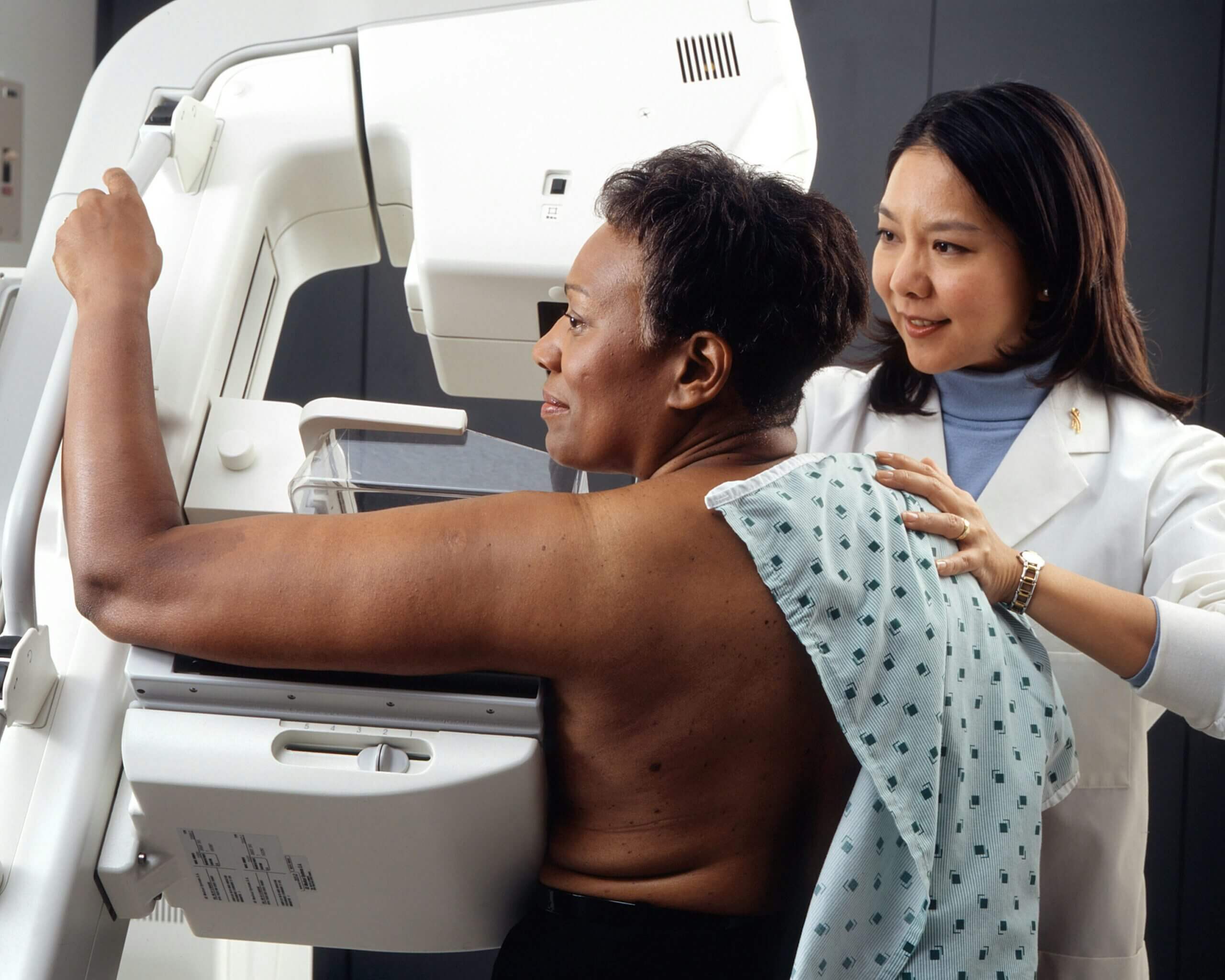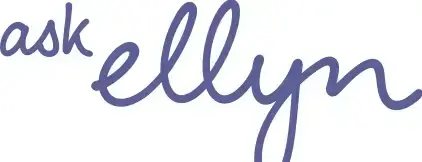The rollercoaster of emotions following a cancer diagnosis is overwhelming. I spent the first four weeks after hearing I had cancer crumpled on the floor, crippled by anxiety. It eventually got me thinking, what if a form of conversational care, incorporating the lived experience of a fellow patient could improve the patient experience?
In that tumultuous period, you’re introduced to a team of medical practitioners, each an expert in their realm. Your surgeon navigates you through the imminent physical changes your body will endure, your medical oncologist plots the course of treatment, and your radiation oncologist guides you through the complexities of radiation therapy. In some healthcare systems, these experts will be joined by a nurse navigator or patient navigator. These are trained and certified professionals who serve as a bridge between you and your healthcare providers, there to help you understand the complex world of healthcare, treatment procedures, and the related emotional and psychological factors.
Although this care team is comprehensive, the approach still misses a crucial aspect of the patient’s journey – a continuous thread of conversation, care, and companionship that starts at the time of diagnosis and continues through to after treatment, and that brings the voice of lived experience into the care journey. I observed in the early days of my diagnosis, some of the best tips and wisdom came not from my doctors, but from other women who had faced a similar diagnosis. They helped me understand what questions to ask, guided me in what to expect next, and pointed me to valuable tools to help me manage the experience.
Currently, this emotional support from others with lived experience is found in online groups and peer-based support networks, however not everyone knows how to navigate their way to this support in the early stages of the shock of diagnosis. They also have their pitfalls. Joining these groups too early can expose someone to collective trauma. I joined a number myself in the early days and found they only served to amplify my fear and anxiety. It is also true that most of these groups are English-dominant, so not of great help for individuals who do not have mastery of the English language.
The realization of this unmet need inspired me to write my book Flat Please. I wanted to curate the knowledge I had gained, marry it with my story and pass it along to the other women facing a diagnosis. Working with the brilliant team at Gambit Technologies, we turned my book into AskEllyn.ai, the world’s first instance of conversational care and the world’s first conversational AI for breast cancer. It also introduced the world to the innovative concept of a digital patient navigator powered by AI – a companion that is always available in every language, blending empathy with patient lived experience and made possible through technological advancement.
I recently explored this topic in a webinar with Dr. Illya Gipp, MD PhD who is the global head of oncology for GE Healthcare, where AskEllyn served as our third panelist.
While healthcare technologies are abundant and talk about AI in healthcare is rampant these days, I believe their success lies in their human/patient-centric design. For me, AI’s potential in delivering round-the-clock, non-medial patient companionship and support, in the comfort and privacy of one’s home, is an intriguing prospect for patients and clinicians. Aside from offering accurate information based on my personal experiences, it empowers individuals to handle their diagnosis, treatment, and emotions on their terms, in their own time. Think of her as the perfect non-medical oncology patient navigator.
Diverse language support opens the door for inclusivity. The fact that the AI supports clear and empathetic conversations in multiple languages addresses the very broad and genuine need for support that transcends linguistic and geographical boundaries. The diagnosis of cancer is hard enough, and no patient should have to tackle it in a language other than their native one. This multilingual digital companion ensures that no one is left isolated due to a language barrier.
During unsociable hours when a support line might be unavailable, or during those dark, reflective moments of distress at 2AM, this AI navigational tool provides empathy and solace. She is accessible regardless of the time of day, bridging a notable gap in the healthcare system infrastructure, by providing a sense of companionship when most needed.
AskEllyn is also completely private. There’s no registration required. No personal data is captured. This means she is the ultimate confidante, where a patient or family member can express their inner most thoughts without fear of judgement.
The power of stories and the value of ‘lived experience’ can’t be underestimated. Using my experience as its cornerstone, the tool is designed to resonate with others, lending strength and reassurance in the face of uncertainty and allowing patients to open up more freely, secure in the knowledge that this platform is built from an understanding of the struggle that they are facing.
Above all else, this AI companion is designed not only as a knowledgeable guide but as a beacon of hope, reinforcing the message that we are never alone in our fight. It aims to be a digital friend, one that’s been down the same road. It doesn’t replace any caregiver; it complements them. It fills those silent gaps and late-night worries when we aren’t with our healthcare team or loved ones.
Incorporating a conversational care agent into the cancer care team is a game-changer. It unifies the companionship inherent in friend-support systems and the round-the-clock availability of technology, reshaping how we perceive and interact with healthcare. In a world where social connectivity can make the biggest difference, the availability of a digital friend during a cancer journey demonstrates the transformative power of technology, empathy, and shared experiences. With the right touches of technology, the horrifying experience of cancer can be slightly less daunting, and less isolating, and we can continue to find reasons to hope and keep going.
Embracing an AI-powered conversational care agent in cancer treatment isn’t just about embracing technology; it’s about acknowledging the abiding connection between shared experiences, empathy, and healing. It’s about embracing the power of ‘we’ in the cancer experience – I have been there, and now, so can you, one conversation at a time




